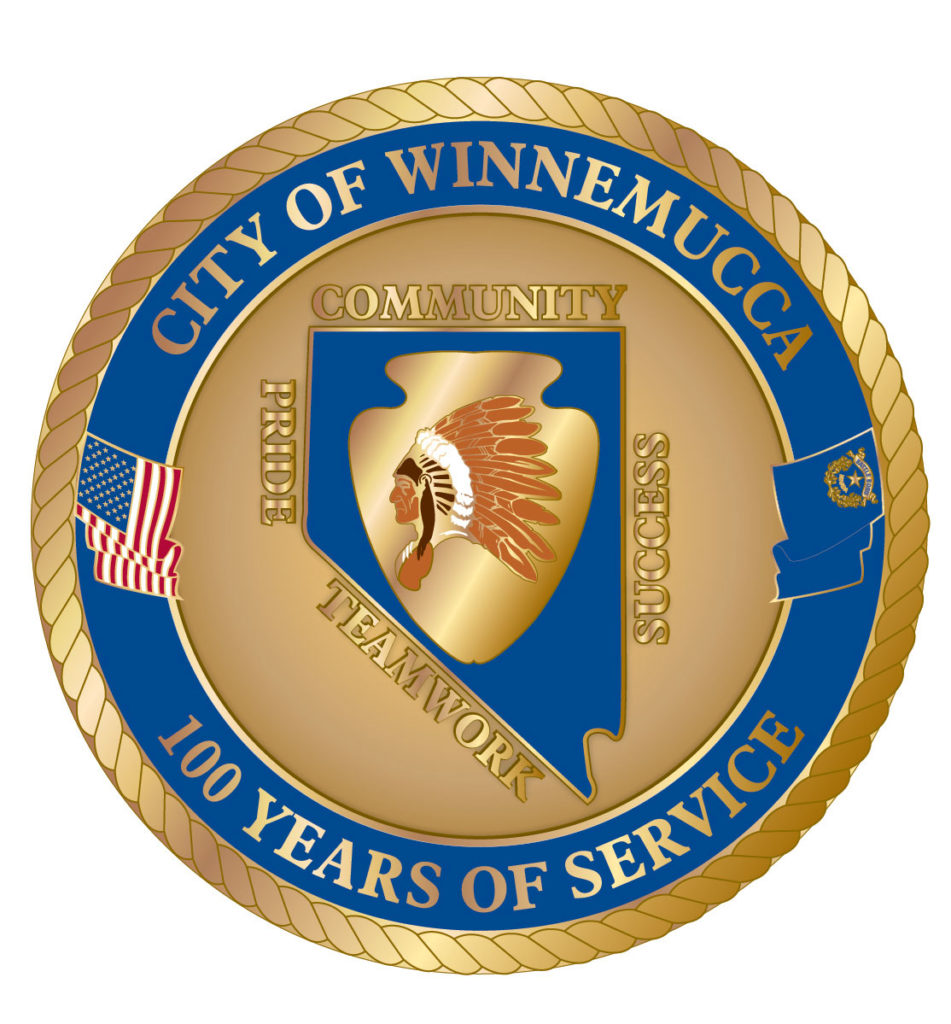Investments Include a New Firetruck and Distance Learning Equipment
CARSON CITY, Nev., Dec. 4, 2024 – U.S. Department of Agriculture (USDA) Secretary Tom Vilsack and USDA Rural Development Nevada State Director Lucas Ingvoldstad today announced investments totaling more than $1 million to support local economic development plans and projects in Rural Partners Network (RPN) communities in Nevada. Great Basin College will receive a $982,522 grant through the Distance Learning and Telemedicine Grants Program (DLT) and Humboldt County will receive a $38,500 grant through Community Facilities Direct Loans and Grants Program.
This announcement is part of a new round of investments in a nationwide announcement in neighboring RPN communities across 14 states and Puerto Rico. USDA Rural Development Under Secretary Dr. Basil Gooden highlighted today’s announcement at the Rural Local Initiatives Support Corporation 2024 Seminar in Little Rock, Arkansas.
“The Rural Partners Network has broken down barriers so underserved rural communities and families can access the resources they need to prepare for the future,” Secretary Vilsack said. “Today, we’re celebrating several more examples of how aligning those resources with local blueprints for success will keep rural and Tribal communities across the country thriving for generations to come.”
“Today’s investments mark another success for Nevada’s Rural Partners Network,” said State Director Ingvoldstad. “RPN Community Liaisons have worked hard to ensure that rural communities across the state receive the resources they need for the future they envision. From a new firetruck that will rapidly respond to fires across the McDermitt region to four sites that will provide remote, high-level education to over 6,800 rural folks, the Rural Partners Network continues to deliver on the Biden-Harris Administration’s promise to support rural Nevada.”
The $982, 522 DLT grant will be used to equip two hub sites, two hub/end-user sites and four end-user sites in Elko, Humboldt, Lander, Nye, Pershing and White Pine counties in rural Nevada with video conferencing equipment that will enable highly collaborative educational experiences. Instructors at Great Basin College campuses in Elko, Humboldt, Nye and White Pine counties will deliver associate and baccalaureate level instruction in career and technical education; health science; mathematics, science, business and computing; humanities and social sciences; fine arts; and community education to six locations benefiting 6,885 secondary students, postsecondary students and community residents.
The $38,500 Community Facilities Direct Grant will be used to purchase a fire truck with the capacity to hold 2,000 gallons of water. This will help the McDermitt Fire Protection District (MFPD) protect their service area. The service area includes the town of McDermitt, the Fort McDermitt Indian Reservation, and nearby rural areas near the southeast Oregon border. The fire truck is needed to respond more effectively to active fires in this region, thereby increasing public safety.
The Biden-Harris Administration launched RPN in April 2022 to ensure people in historically underserved rural and Tribal communities receive their fair share of funding from federal agencies. RPN is an all-of-government collaboration supported by 25 federal agencies and regional commissions.
Since its inception, federal agencies have invested over $8.5 billion across the 36 RPN community networks. That includes more than $1.5 billion in USDA investments in locally driven projects that improve local infrastructure, health care, housing, and connectivity. RPN has facilitated almost 4,000 new partnerships and the launch of the Rural.gov website.
Background: Rural Partners Network
Launched in April 2022 and expanded in November 2022, RPN is now active in 36 community networks in 10 states and Puerto Rico.
Community networks receive support from full-time USDA staff who live and work locally. These staff members provide technical assistance based on each community’s needs, helping them navigate federal programs, build relationships and apply for funding. In addition to USDA staff, there are staff at more than 25 other federal agencies dedicated to making resources across the government easier to access for people in rural communities.
RPN communities also benefit from coordination through other federal efforts such as the Interagency Working Group on Coal and Power Plant Communities and Economic Revitalization and President Biden’s Justice40 Initiative and Investing in America agenda. The Rural Prosperity Interagency Policy Council, co-led by the White House Domestic Policy Council and USDA, advises the RPN program and ensures rural voices are heard and reflected in national policies that will benefit all people in rural communities.
RPN also benefits from new partnerships with philanthropic organizations to addresses barriers to accessing federal programs with a specific focus on advancing equity and prosperity in rural America. These partnerships will enhance RPN’s work by helping communities develop applications, plan projects, and leverage pre-development expenses and matching funds.
For more information on RPN, visit Rural.gov.
USDA Rural Development provides loans and grants to help expand economic opportunities, create jobs and improve the quality of life for millions of Americans in rural areas. This assistance supports infrastructure improvements; business development; housing; community facilities such as schools, public safety and health care; and high-speed internet access in rural, tribal and high-poverty areas. Visit the Rural Data Gateway to learn how and where these investments are impacting rural America. To subscribe to USDA Rural Development updates, visit the GovDelivery Subscriber Page.
USDA touches the lives of all Americans each day in so many positive ways. Under the Biden-Harris Administration, USDA is transforming America’s food system with a greater focus on more resilient local and regional food production, fairer markets for all producers, ensuring access to safe, healthy and nutritious food in all communities, building new markets and streams of income for farmers and producers using climate-smart food and forestry practices, making historic investments in infrastructure and clean energy capabilities in rural America, and committing to equity across the Department by removing systemic barriers and building a workforce more representative of America. To learn more, visit www.usda.gov.
USDA is an equal opportunity provider, employer, and lender.










Comments are closed